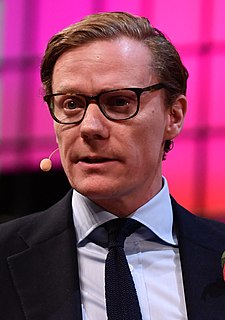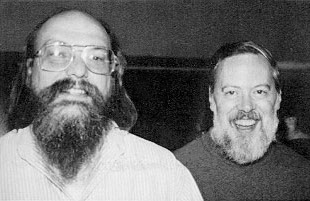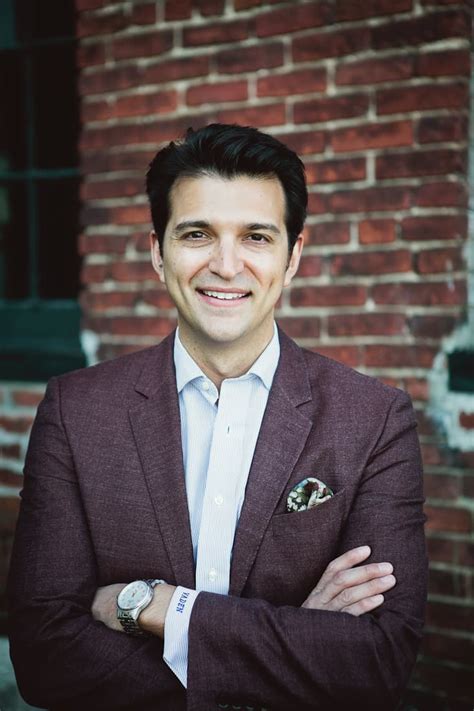A Quote by Gore Verbinski
I think audiences ultimately want something new. I think the business model for a franchise is such that it's very low risk because you have data and studios love data.
Related Quotes
When you are young, coming into this business, you're told how the business works, and you feel very lucky to be here and want to stick around, so you believe the data, and you believe the conversations you're having where they say, 'You can't have that kind of lead because they don't travel here,' or, 'People will think it's not for them.'
You have to imagine a world in which there's this abundance of data, with all of these connected devices generating tons and tons of data. And you're able to reason over the data with new computer science and make your product and service better. What does your business look like then? That's the question every CEO should be asking.
Any time scientists disagree, it's because we have insufficient data. Then we can agree on what kind of data to get; we get the data; and the data solves the problem. Either I'm right, or you're right, or we're both wrong. And we move on. That kind of conflict resolution does not exist in politics or religion.
Scientific data are not taken for museum purposes; they are taken as a basis for doing something. If nothing is to be done with the data, then there is no use in collecting any. The ultimate purpose of taking data is to provide a basis for action or a recommendation for action. The step intermediate between the collection of data and the action is prediction.





































